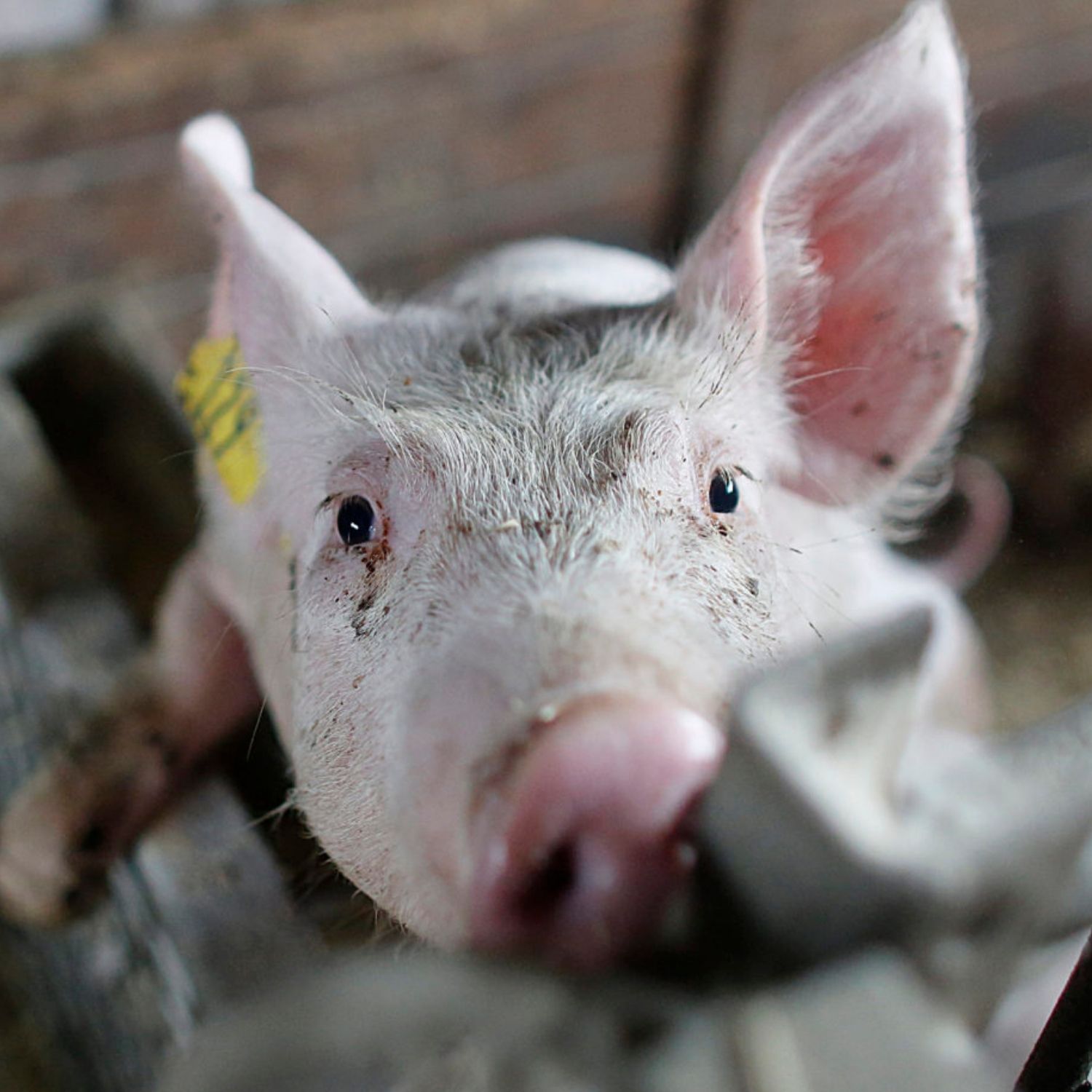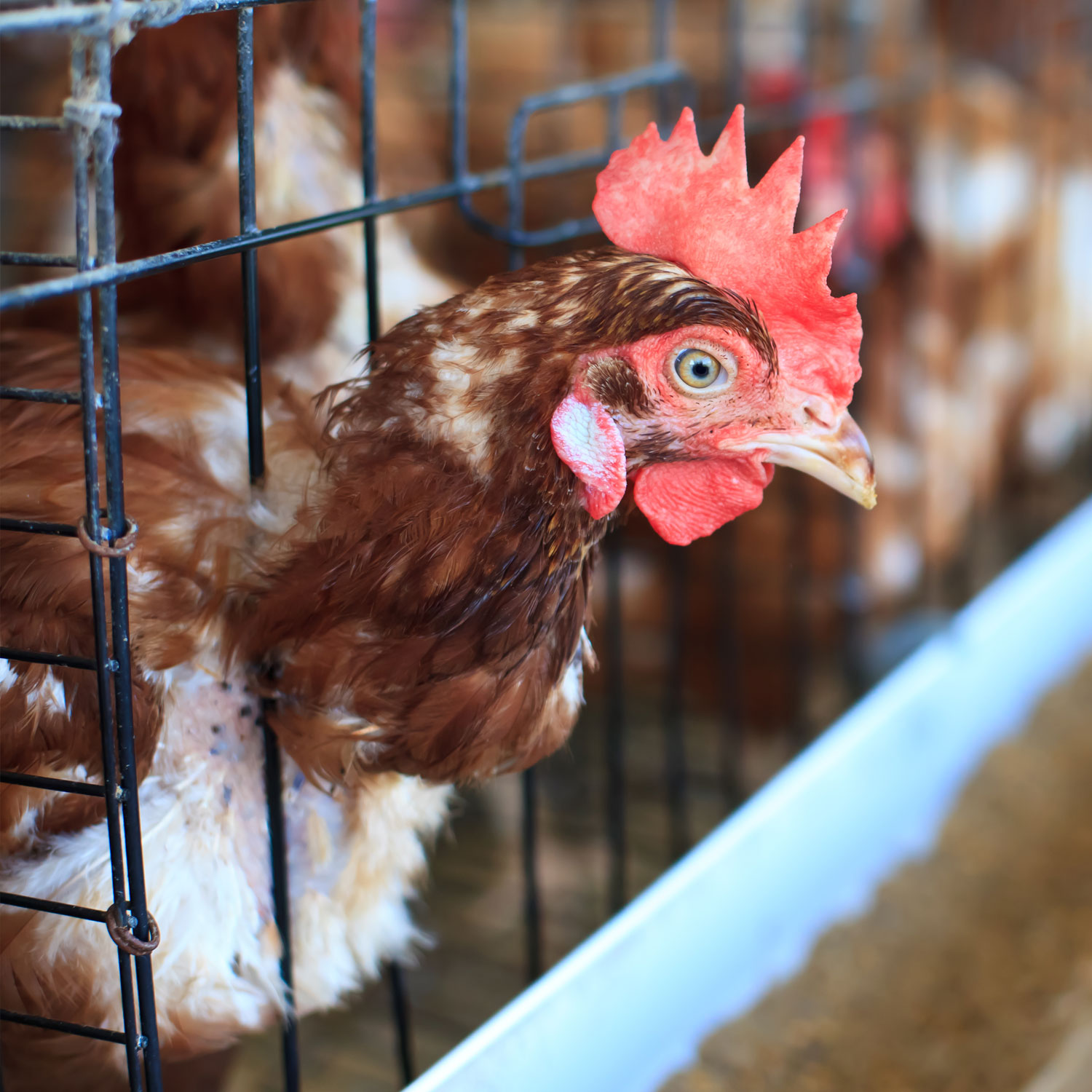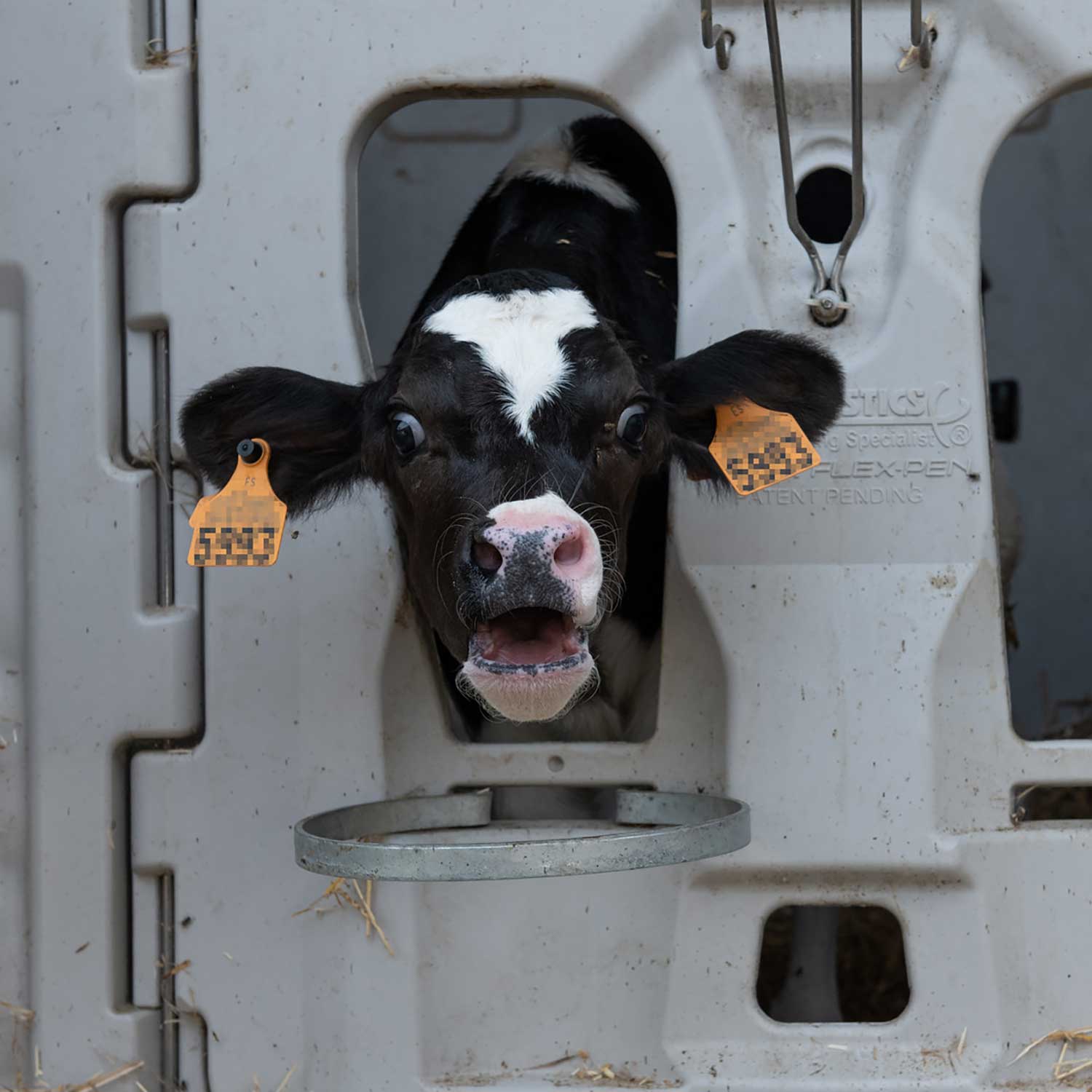Animal Equality Launches Global Campaign To Ban Wet Markets

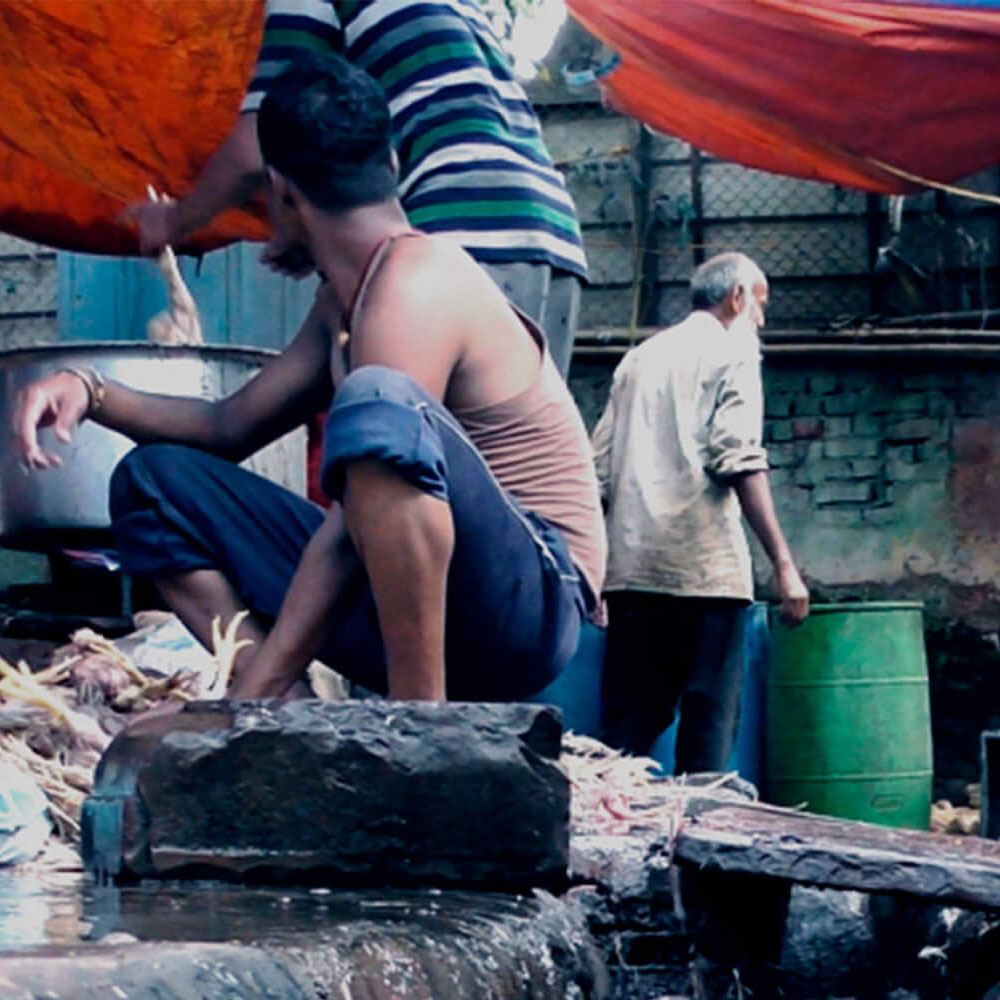
Citing public health and safety, Animal Equality has launched a worldwide campaign and petition calling on the United Nations (UN) to immediately close wet markets across the globe. Not only do these markets pose an immediate danger to humans, but they are also intensely cruel and abhorrently inhumane to animals. It’s because of the public health crises these markets cause, as well as the intense suffering inflicted on farmed animals, that we are urging that all wet markets be banned.
A BREEDING GROUND FOR DISEASE: Wet markets get their name in part from the blood, guts, scales and water that soak the stalls’ floors, remnants from animals brutally killed for customers who desire to eat freshly killed meat. In these markets, exotic and traditionally farmed animals are mixed together in cramped cages and unsanitary enclosures, creating the perfect breeding ground for zoonotic diseases. In exclusive footage shot by Animal Equality at wet markets in China, Vietnam and India, animals such as deer, raccoons, crocodiles, chickens, goats, cats and dogs are shown living in filthy conditions, suffering from dehydration, starvation and disease. It is in these unregulated markets where diseases like SARS originated, and where scientists believe COVID-19 began.
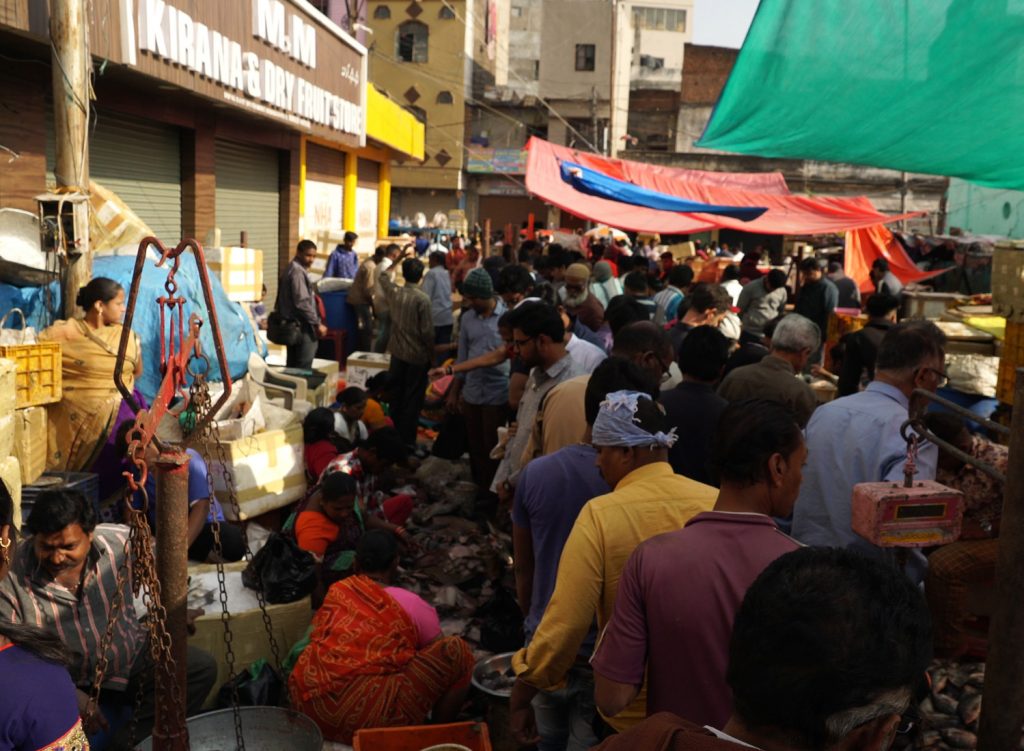
HISTORY REPEATS ITSELF: It’s still not 100 percent clear where the outbreak of COVID-19 started from, but researchers speculate that the virus originated from a seafood market in Wuhan notorious for also trading in wild animals. This wouldn’t be the first time that a deadly virus was linked to animal trade and consumption—H1N1 Flu (Swine Flu) and Middle East Respiratory Syndrome (MERS) are two other recent examples of viruses that likely originated in animals and then jumped to humans causing dangerous outbreaks.
A THREAT TO ANIMALS AND PEOPLE: Wet markets represent a direct threat to animals and, based on the previously mentioned cases, presents a major public-health risk. For animals, the prospect of abuse and suffering on factory farms has been well-documented. For people, the issue becomes the exposure of customers and purveyors to living and dead animals at unhygienic markets, creating a greater likelihood that animal-borne diseases will make the leap to humans.
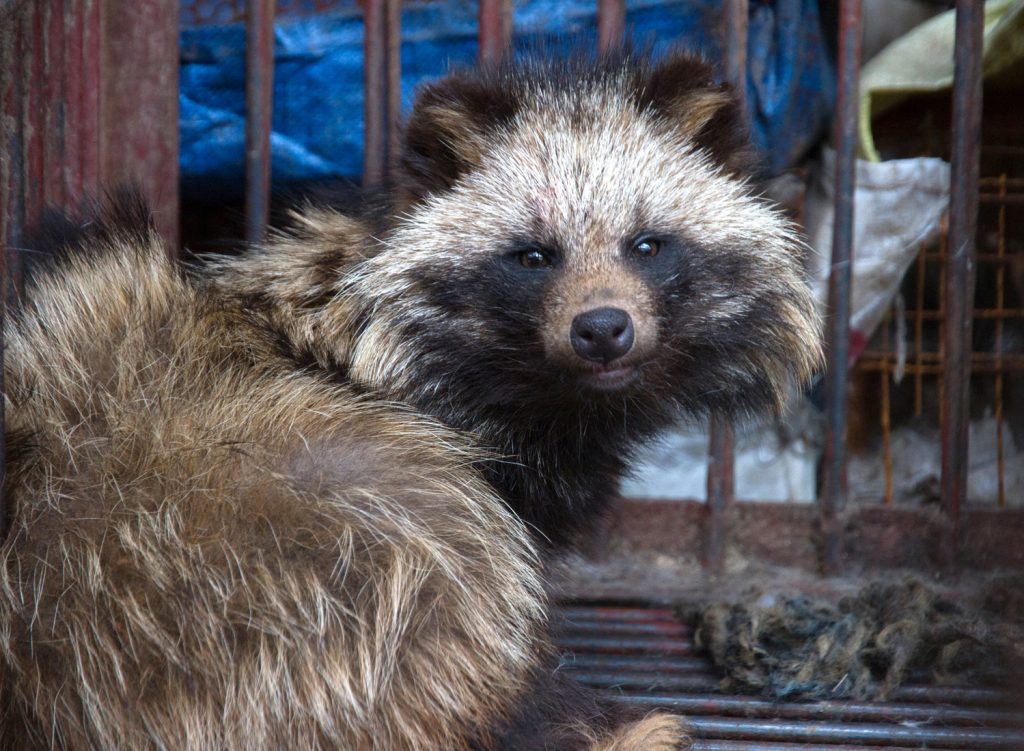
WE NEED TO GO FURTHER: Recently, China banned the buying, selling, and eating of wild animals in an emergency effort to prevent infectious diseases from jumping from animals to people. This measure was taken as a direct reaction to the recent outbreak of COVID-19, as more and more experts suspect the pandemic was caused by the illegal trade and consumption of wild animals. However, this ban needs to be made permanent and more needs to be done. For the health and safety of both animals and people, wet markets must be immediately shut down.
WHAT WE’RE SAYING: “Wet markets have no place in our society and should be immediately closed. Not only are these markets extremely cruel to animals, scientific research has shown their connection to animal-borne disease outbreaks, proving they are also an immediate threat to public health and safety,” says President of Animal Equality, Sharon Núñez.
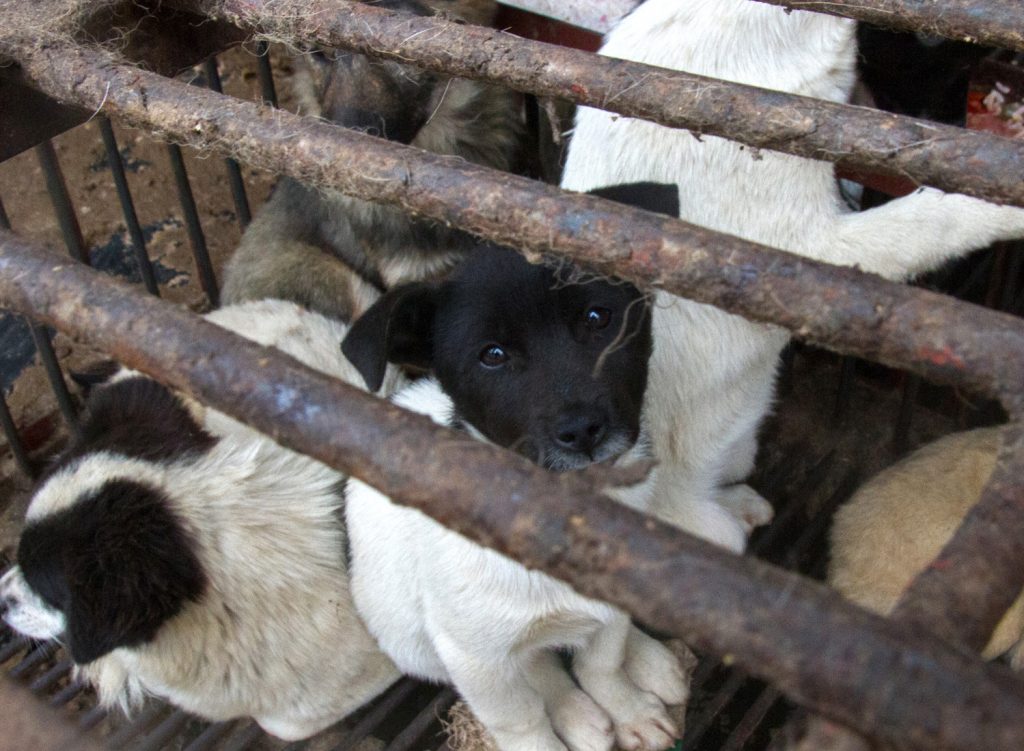
WHAT THE SCIENTIFIC COMMUNITY IS SAYING:
“I think we should shut down those things [wet markets] right away. It boggles my mind how when we have so many diseases that emanate out of that unusual human-animal interface, that we don’t just shut it down. I don’t know what else has to happen to get us to appreciate that.”
Anthony Fauci, Director of the National Institute of Allergy and Infectious Diseases
“If you take wild animals and you put them into a market with domestic animals or other animals, where there’s an opportunity for a virus to jump species, you are creating … a superhighway for viruses to go from the wild into people. We can’t do this anymore. We can’t tolerate this anymore. I want the wild animal markets closed.”
Dr. Ian Lipkin, Infectious Disease Expert
“The animals have been transported over large distances and are crammed together into cages. They are stressed and immunosuppressed and excreting whatever pathogens they have in them. With people in large numbers in the market and in intimate contact with the body fluids of these animals, you have an ideal mixing bowl for [disease] emergence.”
Professor Andrew Cunningham, the Zoological Society of London
WHAT YOU CAN DO: As our investigations and scientific research has shown, animals are abused every day in horrendous conditions that not only perpetuate an atmosphere of never-ending suffering but also have at times created strains of viruses and infections that have been previously unknown or experienced. Not only is consuming animals and animal products a detriment to human health and safety, but it’s also one of the leading causes of climate change and is extremely cruel to animals. Switching away from animal products and embracing a plant-based diet is the safest option for both humans and animals, and is one way you can directly make a difference for us all. Another way to make the world a better place is to sign our petition asking the UN to immediately close all wet markets. It’s more than time to end this global threat, once and for all.
SIGN OUR PETITION TO BAN WET MARKETS

